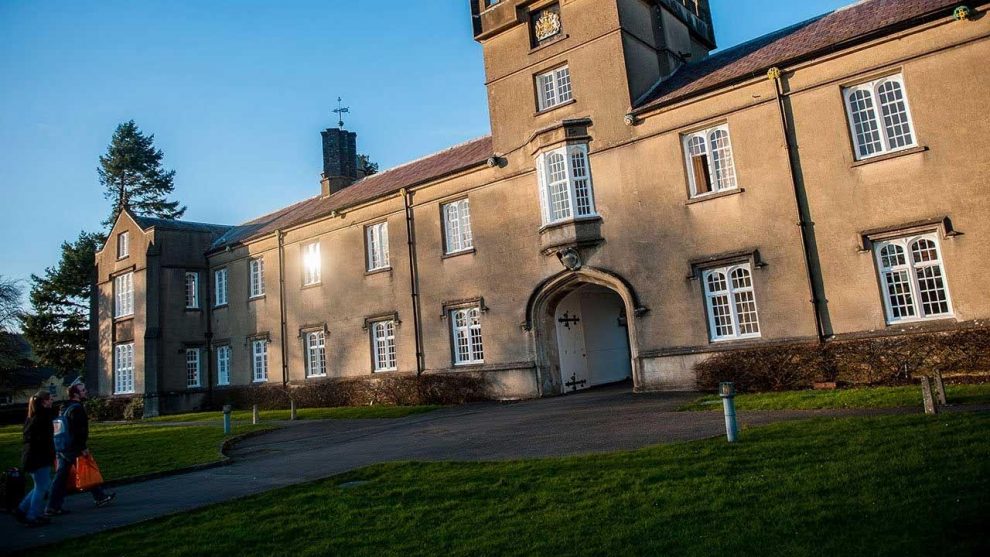SIXTY UK universities will be hit with eight days of strike action from Monday, November 25 to Wednesday, December 4, the UCU has announced.
Three of Wales’ universities, Bangor, Cardiff and UWTSD, will be affected by the dispute.
Last week UCU members backed strike action in two separate legal disputes, one on pensions and one on pay and working conditions. Overall, 79% of UCU members who voted backed strike action in the ballot over changes to pensions. In the ballot on pay, equality, casualisation and workloads, 74% of members polled backed strike action.
The union said universities had to respond positively and quickly if they wanted to avoid disruption this year. The disputes centre on changes to the Universities Superannuation Scheme (USS) and universities’ failure to make improvements on pay, equality, casualisation and workloads.
The overall turnout in the USS ballot was 53% and on pay and conditions it was 49%. The union disaggregated the ballots so branches who secured a 50% turnout can take action in this first wave. The union’s higher education committee has now set out the timetable for the action.
As well as eight strike days from 25 November to Wednesday 4 December, union members will begin ‘action short of a strike’. This involves things like working strictly to contract, not covering for absent colleagues and refusing to reschedule lectures lost to strike action.
UCU general secretary Jo Grady said: ‘The first wave of strikes will hit universities later this month unless the employers start talking to us seriously about how they are going to deal with rising pension costs and declining pay and conditions.
‘Any general election candidate would be over the moon with a result along the lines of what we achieved last week. Universities can be in no doubt about the strength of feeling on these issues and we will be consulting branches whose desire to strike was frustrated by anti-union laws about re-balloting.’
Last year, university campuses were brought to a standstill by unprecedented levels of strike action. UCU said it was frustrated that members had to be balloted again, but that universities’ refusal to deal with their concerns had left them with no choice.
Last month, shadow education secretary Angela Rayner called on both sides to get round the table for urgent talks. She said she fully supported UCU members fighting for fair pay and decent pensions and called on both sides to work together to find solutions to the disputes.
The University and Colleges Employers’ Association dismissed the strike ballot results.
It claims, in all seriousness, the low turnouts in the unions’ ballots of their members is a clear indication that the great majority of university union members as well as wider HE employees understand the financial realities for their institution.
Extending that logic to a general election or other poll would create some rather interesting results and would, for example, overturn the outcome of the 2016 Referendum.
UCU has just 55 results from their 147 separate ballots supporting a national dispute over the outcome of the 2019-20 JNCHES pay round. While UCU members in these 55 institutions could technically be asked to strike against their individual institution, this would be causing damage to both union members and to students in an unrealistic attempt to force all 147 employers to reopen the concluded 2019-20 national pay round and improve on an outcome that is for most of these institutions already at the very limit of what is affordable.

















Add Comment